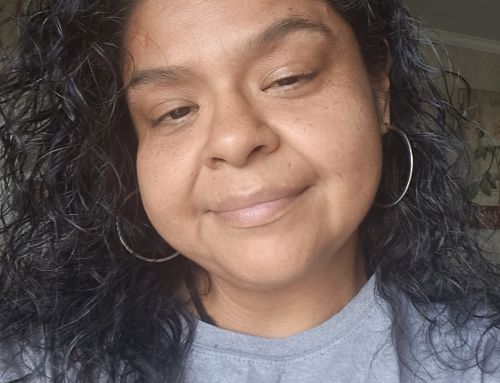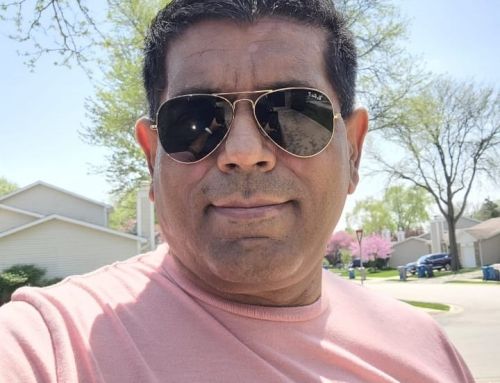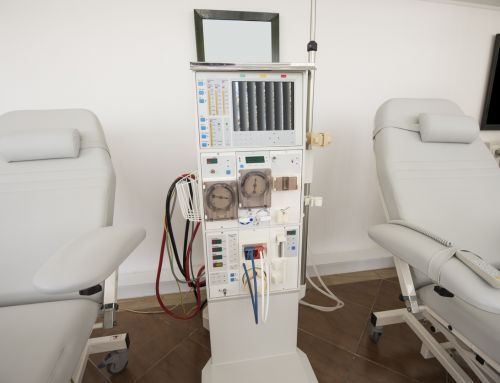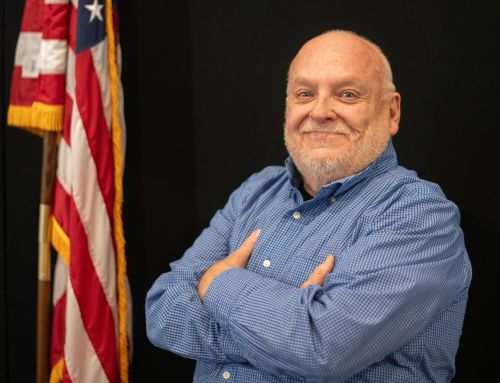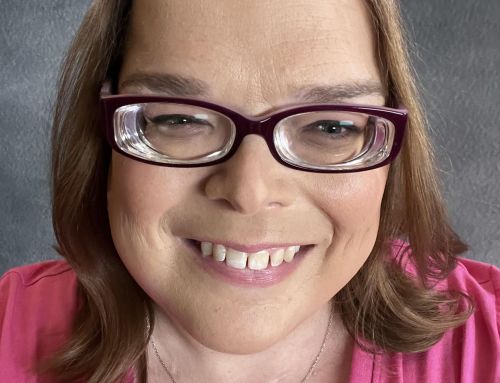When I first learned I had kidney disease, I was fortunate to not have to start dialysis right away. For about six or seven years, my doctor worked hard to keep me healthy, doing everything he felt was safe before finally recommending that I begin dialysis treatments.
When I finally began dialysis treatments at my local clinic, I found a dedicated and involved team of health care providers that were always willing to respond to calls and answer my questions, no matter the time of day. The team at my clinic is proactive and working with them has made going through dialysis much easier. I even have regular meetings with my doctor, nurse, social worker, and dietitian at the clinic to go over test results and figure out a care plan that works for me.
Thankfully, this quality extends beyond the clinic to my other doctors as well. If any of my doctors want to make adjustments to their treatments or prescribe me a new medication, they consult with my kidney doctor first to make sure it won’t interfere with my dialysis treatments. Since dialysis is such a sensitive process, this can go a long way toward protecting me from avoidable infections and other health complications.
I know, however, that this is not the case for all dialysis patients. Their treatments are more disjointed, and that lack of coordination means that they are not always receiving the level of care they need. This is something I have experienced firsthand when I see doctors outside of my normal network. Information that doctors should be able to access is hard for them to find, and I am often the one responsible for keeping track of and sharing test results with those doctors.
It would be easier if a system was in place to help them work together with the doctors I am already seeing to understand my treatments.
Fortunately, Congress is working on a new bill that can help. The bill, called the BETTER Kidney Care Act, would set up a coordinated care framework for dialysis patients, making it easier for their doctors to align their treatments and make sure they’re doing what’s best for their patients. Even better, it may help to provide a number of services that are critical for dialysis patients that aren’t currently covered under Medicare, like transportation to and from the dialysis clinic and dental treatments.
Dialysis is an expensive process to go through, and anything that can cut costs for patients is critical. This bill will help dialysis patients cut down on unnecessary or redundant doctors’ appointments, which will help them bring down the already high costs of going through dialysis.
Members of Congress from Missouri have already shown that implementing care coordination for dialysis patients is something they care about. In the last session of Congress, Representative Billy Long stood with Representative Jason Smith and several other Missouri Representatives in supporting the Dialysis PATIENTS Demonstration Act. While that bill did not pass, I’m hopeful that our members of Congress will rise to the occasion once again to stand up for dialysis patients.
Dialysis is not a fun process to go through, but working with a great, helpful medical team like I do that works together to coordinate their efforts has made it that much easier. By supporting the BETTER Kidney Care Act, Congress can ensure that other dialysis patients have the same positive experiences I have had, and help to keep them safe.
Steve Willman




